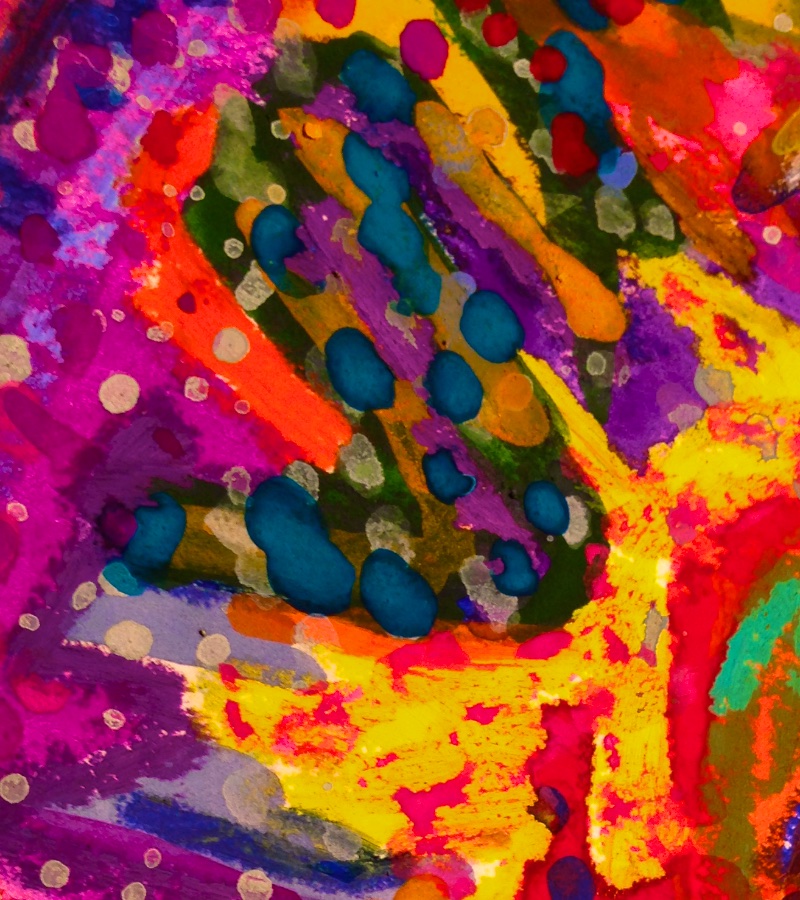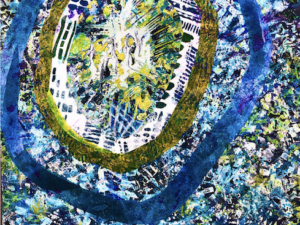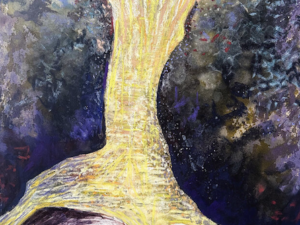
–
(This post is a follow up to the preliminary one I wrote last spring about being spiritually minded. You might want to read that one here.)
As a spiritual healer, Mary Baker Eddy’s comment of, “If the Scientist reaches his patient through divine Love, the healing is accomplished in one visit, and the disease will vanish into its native nothingness like dew before the morning sunshine,” is rather arresting. How do you do that, exactly? I have definitely done it, but not routinely every time, as a Science should be. So I’ve been thinking about what she says about the three stages– that you can read on pages 115 and 116 in her awesome book Science and Health with Key to the Scriptures– and how they relate to love.
The first stage is “physical” or “depravity” or “unreality” and includes all sorts of negative characteristics, including hatred, which is obviously the opposite of love. The second stage is a transitional “moral” stage, and here the attributes that relate to love are affection and compassion, which are worthy, although human, ways of expressing love. Love as a word doesn’t show up, however, until the third “spiritual” “reality” stage, where mortal mind disappears and only God is there.
So when reaching the patient (or client) “through divine Love,” what is called for is not a better expression of human love full of more compassion or affection– as great as that might feel on both sides– but instead, the kind of love where there is no material person involved and no interference from mortal mind. Actually there is nothing present but God and His idea reflecting Him. Nothing else is there or going on. To get to this place, we must get a sense of our human mind helping someone else completely out of the equation. There is left only God, the divine Mind, and His Christ, the completely perfect emanation.
So in this way, I am realizing I need to see both myself and others less personally. That is not how God sees anyone. Seeing people as personalities with human histories, traits, foibles or challenges hinders this higher, more eternally correct perception, and I don’t want to do that. It doesn’t help.
I was reticent to leave that human sense of my (and other’s) existence, for I wasn’t ready to be done being human; it sounded like oblivion to me. I think I used to cling to a sense of person because it left me in the equation, but now I am seeing better that that is just a lower human sense of me, and not the everlasting, spiritual, amazing me that God made and loves. That real, correct “me” can never be lost.
Now I am no longer feeling like being more spiritually minded projects death to the self. It is feeling more like a quick path to self-fulfillment and the broadest expression of my highest authenticity. I see now, as hard as it is to live out from this standpoint, doing so will bless both myself and others more than anything else I can do.
Hence, I am trying to look at God more, and to myself and others less. I am striving to find and be comfortable with what Mary Baker Eddy calls my “unselfed better self,” and instead of working on the human scene so much, live in a place of praise and recognition of what God has done and is doing.
Imagine if everyone the world over did this? It would be peace for the world, and heaven on earth. But it can only happen one person at a time, so as the song goes, “Let there be peace on earth, and let it begin with me.” Does this make sense? Will you join me?
–

6 Comments
-
Author
So I wrote the above and then a few things came to me. From the Bible Lesson this morning in church, two quotes from Mary Baker Eddy seemed relevant: “Spiritual, not corporeal consciousness, is needed.” “The divine must overcome the human at every point.” Then on in my Twitter feed I read this quote from Amy Torres, “The one who fears annihilation is the one who does not exist.” Okay then! Some good summaries of my thoughts!
-
Polly, I am reminded to take seriously the place of the meaning of words when important theological ideas are at issue. For example, I’m not clear what is meant by ” seeing people as personalities with human histories…hinders higher perception. ” It would be my sense that nothing enables a human being to be a more useful agent of the Holy Spirit than a profound appreciation of persons in all their particularity.Any situation in which there is nothing present but God seems to me to be suggestive of the Age to Come, not the ambiguity of historical existence. ” Now we see in a mirror dimly, but then face to face. Now I know in part; thenI shall understand fully, even as I have been fully understood. ” Joe
-
Author
We can appreciate them fully and should, but not limit them (or ourselves) to that, instead seeing the more infinite good beyond as ever-present and true now.
-
-
I am with you on this Polly. I so want to be able to reach this level of release and yielding. I love and care for people deeply and will run myself into the ground helping people humanly but this is no use to me or anyone else. I am gradually waking up to this and trying to reach a place where I can let people be and not appear callous or uncaring. There is a balance to be reached in this and I am striving to reach it.
-
Thanks for this Polly. I recently listened to a “Putting on Record” through JSHonline with Phil Davis where he talks about a similar idea. I know this is something I have been thinking about lately as well. We see a human need and want to help but truly loving our neighbor is to see them as you mentioned, as God sees them. We talk about this all the time. And to some it may seem obvious. But saying it and actually DOING it are two different things. To me it is letting go of a human “personality” which is so limiting and mortal with all the history and false charracter traits, into seeing each one as an infinite “individuality”–as they truly are. As we truly are. I think you are on to something and I am with you. Learning the “truer sense of Love” that Jesus came to show us.
-
Author
Great to hear from you Renee! And I’ll give Phil Davis a listen. Thanks.
-






